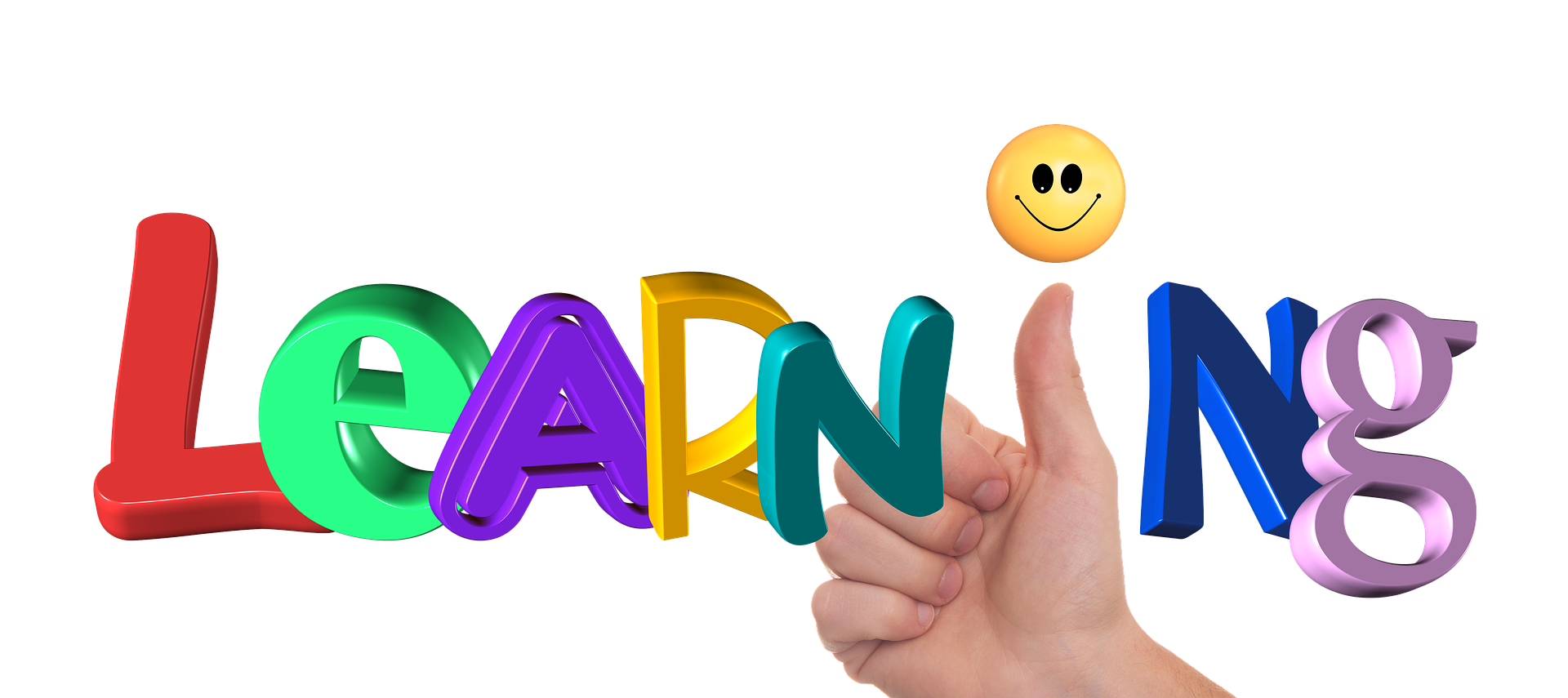
PROGRAMS
Our hope for The World of Discovery is to cultivate a community full of wonder, dreams, and possibilities: a unique place where we value diversity and progressive education based on research.
This vision guides our beliefs about how children learn and give charity to our curriculum expectations.
The curriculum begins with a strong image of the child. Our curriculum uses a contextual, constructivist approach to education. By contextual, we mean that children learn information in a meaningful way – in the context of their daily lives and current experiences.
Constructivism means that children build understanding from their relationships with others, previous experiences, and their environment. Learning does not proceed in a linear fashion but spirals around as children revisit or return to concepts to reach a higher level of understanding from the material each time they experience it.
Our strong image of the child guides all our curriculum decisions. We view children as strong, powerful, and capable of constructing knowledge. The foundation of our curriculum is empowering relationships, rich environments, and thoughtful planning based on the observations and interests of the children.
Teachers continually question and reflect upon their work with young children. Both teachers and children learn through rich relationships and meaningful shared experiences.
“Curriculum” includes every aspect of the school experience, extending far beyond pure educational content to include many other areas, such as classroom management and discipline.
Teachers are expected to interact with children and create a culture of kindness in which children are always respected.

(18 - 36 Months)
In out toddler classroom, children develop their independence through fun learning experiences as they build valuable skills, they need to interact with the world around them. Patient, caring teachers guide toddlers through playful exploration while helping to establish crucial social-emotional skills.
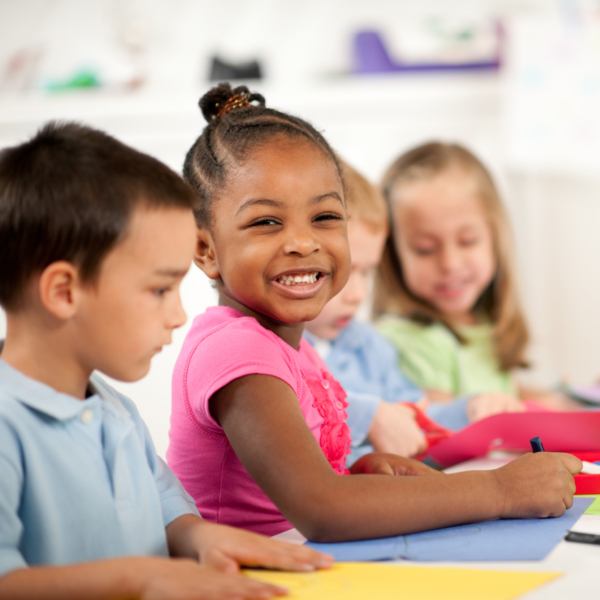
(3-5 Years)
The preschool program starts your child’s journey into a cooperative learning environment where they can discover interest and learn in a more structured setting. As your child prepares for kindergarten and beyond, our pre-k classroom features lots of fun opportunities for learning and innovation to occur every single day!
OUR GOALS AND OBJECTIVES
The World of Discovery’s overall goal is to foster children’s growth in all developmental areas: physical, cognitive, social, emotional, language and literacy. Our goals are created with developmental processes in mind, rather than with the emphasis on the accomplishment of specific objectives. We understand that cognitive development cannot be separated from the physical and social learning that occurs in relationship to others.
The development of a competent self-image is our most important goal. We want children to feel as capable as possible in all areas of development and to be motivated to use and strengthen all their abilities.
Our goal is to enhance children’s ability to learn and to construct their understanding of the world. When children learn how to learn, they can approach any new situation with confidence and curiosity.
Another goal is the development of a sense of autonomy and independence. We want children to have the confidence to make choices and take risks but also be able to accept help.
Our final goal is to strengthen each child’s ability to relate to others and to the environment. This goal includes the development of social relatedness – caring about others, forming friendships, and appreciating diversity.
To achieve our goals, our objectives are to:
- provide an enriched environment with many opportunities for physical, social, emotional, language and cognitive development.
- foster active engagement with natural materials in the social world around us, rather than focusing on isolated “learning lessons.”
- promote creativity, with the focus on the process rather than the product. This involves providing a range of opportunities to express feelings, ideas, and learning.
- incorporate families in the learning process within the classroom.
These broadly stated goals guide our educational program and are made concrete in objectives that relate to the Maryland Early Learning Standards for each child’s developmental stage and/or cultural background.
“Transformation and idealism begin and end with play. It is the connection to higher levels of intellect and understanding, searching for the true value of life and the human experience. Play is a reward for all the effort put forth previously in the learning process. Through play we understand the full spectrum of the human drama, perhaps developing compassion and tolerance.”
– Kamila Johnson, Executive Director, World of Discovery
OUR ACTIVITIES
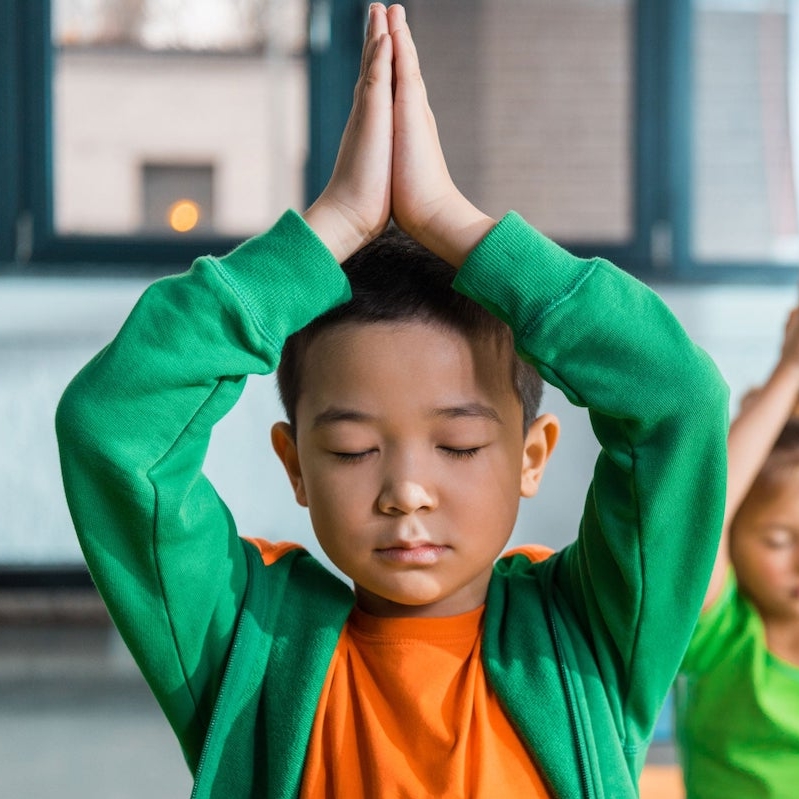
YOGA ClASSES
Children will have the opportunity to practice yoga in a fun way. The class will be a fun mixture of animal poses, art, music, breathing and relaxation that is age appropriate. This active and playful yoga session encourages self-expression, sensory and motor development, and building social skills.
Having fun, connecting to each other, and doing simple breathing exercises are all part of this class. At this age, when children are sponges, we teach them simple and fun yoga poses. Adding features such as art, music, ecology, math, reading and more, the children have a chance to practice their social skills, connect with others as well as increasing strength, flexibility, sensory and motor skills.
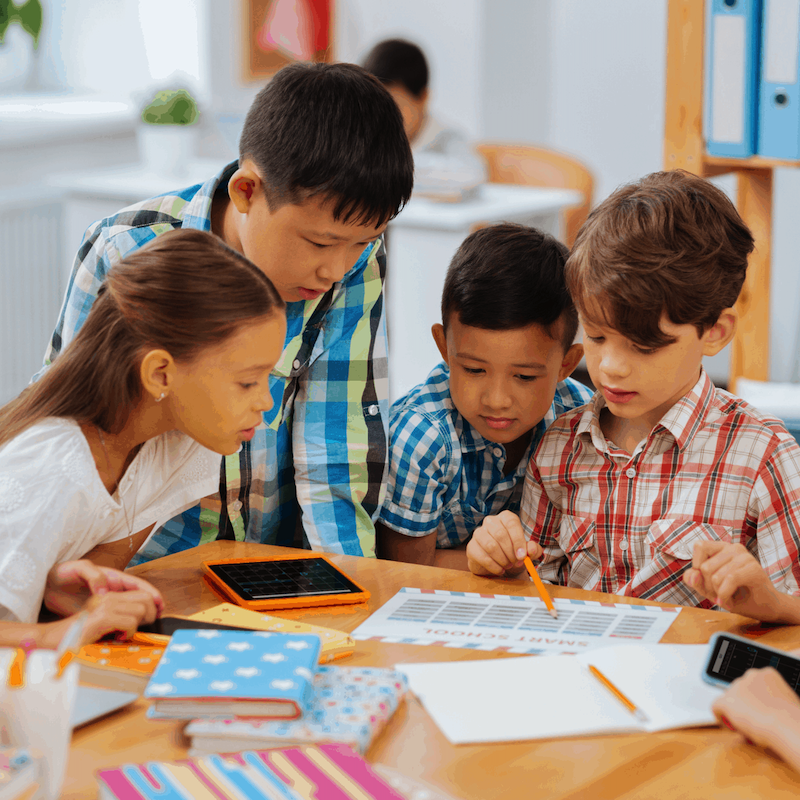
steam ClASSES
In all our early education programs, we teach a curriculum founded on the integration of Science, Technology, Engineering, the Arts, and Mathematics, into every learning experience. We want our little learners to develop and grow so they can navigate the world successfully. That’s why we use STEAM to build and teach 21st century skills (the 4 Cs):
- Creativity: Innovation and personal expression
- Collaboration: Working with and leading others to solve problems
- Critical Thinking: Ability to gather, analyze, and interpret information and solve problems
- Communication: Listening, presenting, public speaking
Because young children learn best through active participation, all these concepts and skills are learned through exploration, investigation, play, and focused intentional teaching. By making connections between diverse skills and concepts across learning domains, we support children in becoming critical thinkers, problem-solvers, and innovators.
- We all know the classic story of Jack and the Beanstalk. With STEAM, this familiar tale can truly come to life through a variety of learning experiences and discussions.
- Read or tell the story. Offer critical thinking questions, such as, “Why do you think that happened?” (Language Arts
- Introduce the concept of seeds and how plants grow. (Science)
- In small groups, work together to design and build a classroom garden. (Visual Arts/Engineering
- Use a variety of tools and materials to create and maintain the garden. (Technology)
- Provide children with seeds, including beans, to plant and observe how they grow. (Science)
- Measure and chart plant growth and compare the results. (Math)
- Discuss and hypothesize ways to promote plant growth. (Science)
- Create a new collaborative version of the story, using the children’s ideas. It can be written and illustrated on a tablet. (Language and Visual Arts/Technology)
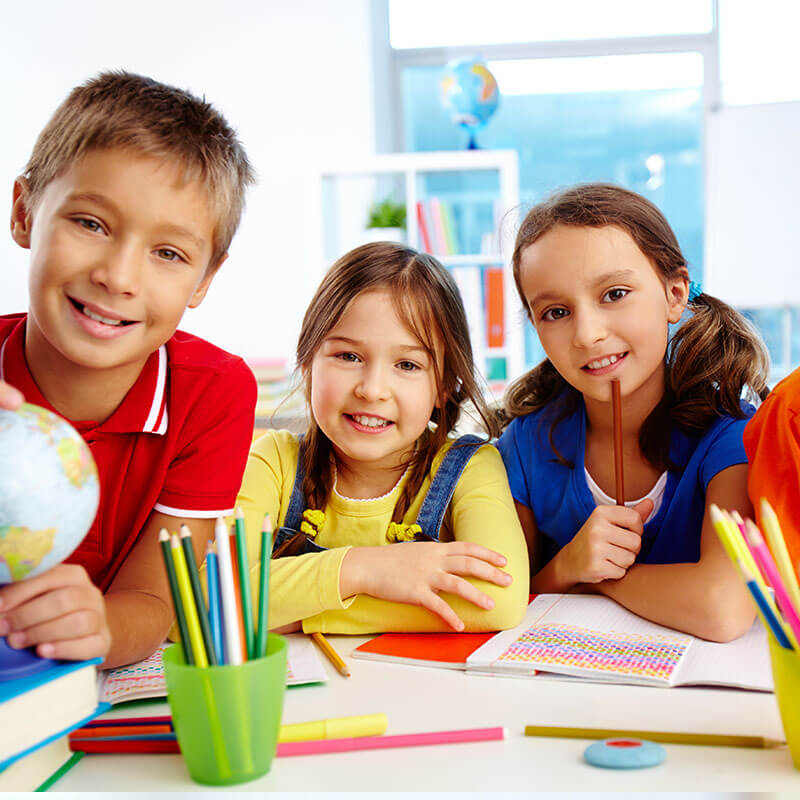
SPANISH ClASSES
Vocabulary & phrases, conversation, comprehension, composition
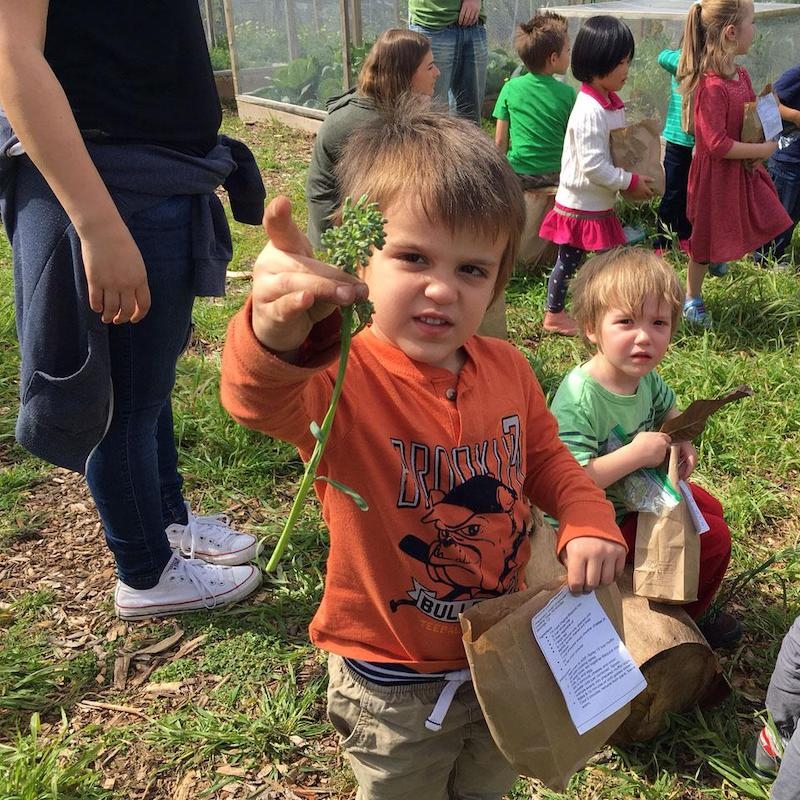
SECIAL ACTIVITIES / FIELD TRIPS
An important part of World of Discovery curriculum is exposing the children to many and varied experiences within the community. Staff and teachers will introduce special activities throughout the week including yoga, music, STEAM and more.
In addition, field trips are built into the school year. Parents will be informed of field trips in advance through newsletters and a permission form will be sent home that is signed for each trip. A general permission consent form is also provided with your enrollment form for walks. Children will be transported by a certified bus company that meets the regulations of Department of Transportation.
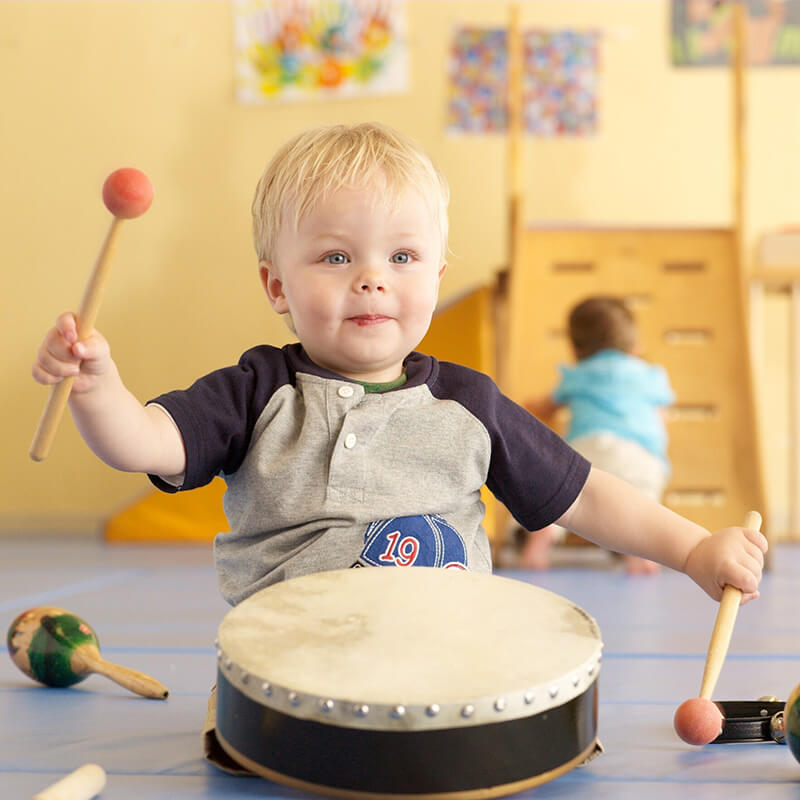
MUSIC ClASSES
Singing and movement with music fundamentals theory
SCHOOL ORGANIZATION
Classes
Children at World of Discovery are grouped by chronological age and development levels. Our classes are small and intimate. Excellent child/staff ratios ensure children receive the individual attention they want and deserve.
Waiting List and ‘Move Up’
Establishing a strong sense of community within and between the classrooms is a vital part of our school culture. For this reason, we do not transition children individually throughout the year according to their birth dates, which would create a fluid environment. Instead, we typically transition the children together at the end of the school year in June — at ‘move-up’.
At ‘move-up’ (1st full week in June), each class moves up to the next classroom. This results in most of our availability occurring in June. After June, we have availability on a case-by-case basis; when a child withdraws from the school, we offer that space to the next age-appropriate child on the waiting list.
SELECTING YOUR SCHOOL
Beyond excellent childcare, finding a school where your child and family feel they belong is an important decision — for the child and the whole family. It is critical to find a place where your culture, values, history, knowledge, perspective, and ideas are respected and, if possible, reflected within the school itself. Beyond excellent childcare, finding community – an environment where the child and family feel they can contribute and that they belong – is an important consideration, too.
It is the children and families who are part of World of Discovery as well as the faculty who create the unique identity of our school. We come from all over the world. This rich diversity creates meaningful opportunities for learning from one another and for building and improving the experiences the children enjoy.
We have an active and dedicated Parent as Partners (PAP). This group exists to support the staff and create an environment in which all parents can become involved in the life of World of Discovery. PAP membership is open to all parents. The PAP has quarterly meetings and annual events.
For more information about World of Discovery, please contact:
Kamila Johnson, M.Ed.
Email: kjohnson@worldofdiscoverycenter.com
Joseph Hopkins, Business Manager
Email: jhopkins@worldofdiscoverycenter.com
RIGHTS OF CHILD
We have a strong positive image of the child as an active discoverer and inventor who constructs knowledge from experiences with his or her environment.
Our educational focus is not on what children need to know, but on what they have the right to explore and learn.
We believe children have the right to:
Express feelings • Make choices • Get dirty • Be respectful • Be successful • Make mistakes • Ask questions • Solve their own problems • Change their environment • Test their own ideas and theories • Build new understandings • Make friends • Find meaning • Play without interruption • Learn self-help skills • Have nutritious foods • Be respected • The truth • Be loved • Make a mess • Explore • Be clean • Be heard • Sleep when tired • Explore and discover • Play by self • Be alone • Be comforted • Be self-expressive • To dislike • Not participate • Be nurtured • Eat when hungry • Be creative • Investigate • Set own space • Be themselves • Say “no” • Be shy • Make suggestions • Be loud • Cheer • Cry • Be strong • Be weak • Try new things • Be taught • Be included • Be safe • Have self-control • Teach each other • Learn good manners • Have their feelings validated • Have healthy, tasty foods to eat • Explore without time-limits • Be who they are • Feed themselves • Work at own pace • Be encouraged, not forced • Speak • Play with friends • Have their cultures respected • Make peace with one another • Learn about logical consequences • Safe playgrounds • Socialize outside their classroom • Contribute to their own educational experiences • Have a Reggio-inspired classroom • Determine when they are ready for potty training • Negotiate • Write letters • Sing out of tune • Dance • Make music • Believe in fairies • Choose what they wear to school • Fix their room • Plant seeds and watch them grow • Develop their own hypotheses • Jump in puddles • Splash water • Mix up new colors • Make silly jokes • Watch the clouds go by • Pick wild flowers • Roll in the grass • Have caring teachers • Learn from books • Believe in magic • Be who they are • Use play as a way of learning • Dream
DEVELOPMENT MILESTONES
Infants and Toddlers (Birth – Three)
Preschool (3 – 5)
DEVELOPMENT MILESTONES
Infants and Toddlers (Birth – Three)
Preschool (3 – 5)
THE ORGANIZATION OF THE DAY
Teachers develop a classroom schedule that respects children’s natural rhythms–avoiding excessive transitions that cut into the flow of sustained play and deepened learning. Maintaining continuity and flow means:
- Reducing to a minimum the number of group transitions from one activity to another.
- Allowing significant amounts of time for uninterrupted free play and project work.
- Building flexibility into the classroom schedule to accommodate the extended interest of children in certain activities.
- Allowing for flexible teacher supervision between indoors and outdoors, enabling one teacher to facilitate small group work in the classroom while the other teacher supervises the larger group on the playground or piazza.
- Helping children with classroom maintenance routines to reduce prolonged cleanup times.
- Creating fun ways to move as a group from one activity to another, avoiding any feeling of regimentation (e.g., imitating the movement of animals as opposed to walking obediently in a straight line).
Our image of the child guides how we organize our day. As a community, we must devise schedules that respect children’s natural rhythms, avoiding excessive transitions that cut into the flow of sustained play and deepened learning. Schedules should be flexible to accommodate children’s extended interest in a certain experience.